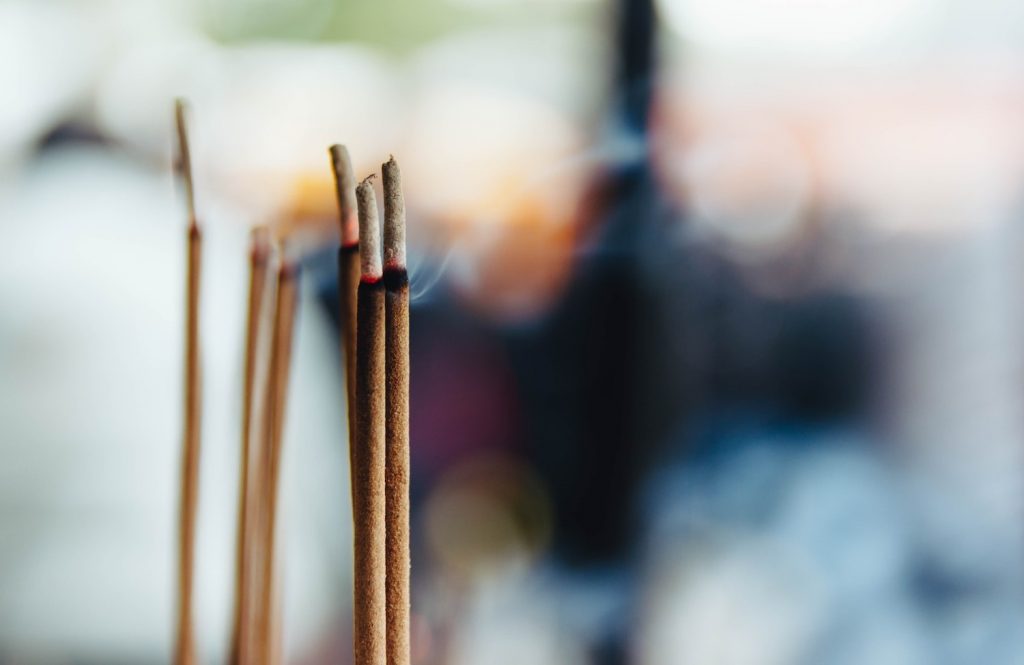In recent days, sangha members and other friends have written to me, sharing the fear and sadness in their lives: stories of illness and addiction, a loved one’s death, violence and war (a friend in Ukraine), lost jobs, lost relationships, and lost hope. What do I as one person, one friend, one Buddhist priest, have to offer to them? I sometimes feel powerless in the face of so much pain.
What do I, as one friend, have to offer?
Of course, as a friend, I lend an ear, a shoulder, and some practical advice when I can. We sometimes cry together, and I share the usual encouraging words. “The sun will come out, there is hope…” It is what any friend might do or say. Sometimes, there are no words.
But as I lend a shoulder or cry a shared tear, I wonder if that is all I have to give.
I feel helpless, for the violence, illness, and all the rest remain.
Then, as one person in society, do I have something to offer?
Even as one person, one citizen, I can offer action. Individuals, collectively, can move mountains! Let us all work for a world in which there is no war and violence, no addictions, where illnesses find their cure, loved ones live long, and all are at peace. We must never give up the effort, for we can turn the tide. I look forward to a better world, somewhere tomorrow.
But in the meantime, though we march and carry signs, give money and time, better days seem yet so far away.
I still feel helpless. The violence, illness, and all the rest remain.
So, as a Buddhist priest, what do I have to offer?
If it helps someone in heart and spirit, I might pronounce mysterious words, light a candle, an incense stick, or ring a bell. I chant for someone’s health, their healing, in memory of those they love and lost. It is an act I can offer to calm their hurting breast for a time. Such gestures offering hope and strength to others are precious and powerful. Is the power merely in the heart and mind? Perhaps, yet it is a real power nonetheless. I do it, even if I frequently doubt the power beyond mere emotional effect and psychological reassuring. I do it, for giving hope and strength to others is precious and powerful in itself.
Nonetheless, in my robes before an altar, reciting strange sounds, ringing bells, and striking drums, is that all a priest can do?
Despite the chants and drums, the violence, illness, and all the rest remain.
Thus, ultimately, as a Zen priest, what do I have to offer?
Here is the real power to heal. Here is a true cure.
I have sitting, zazen, and shikantaza. I can guide folks to sit at the heart of suffering, violence, addictions, illness, fear, and sadness. To know the light and stillness that shines and rests quietly at the core of suffering, violence, addictions, illness, fear, and sadness. To know the unbroken wholeness beyond victors and victims, loss and need, and even birth and death.
Here, there is no suffering, violence, no excess desire in addiction, no bodies or illness, nothing and nobody to fear, no loss, no sadness. Here, there is a peace that sweeps in all the world’s broken pieces, a fullness encompassing all this life’s strivings and lack, a heart that beats on as our little lives come and go. Though the violence, the illness, and all the rest remain, here they do not remain, and all is clear.
Sitting is a marvelous power. As the hard borders, tensions, battles, needs, and longings of the “little self” soften and fully drop away, it reveals this, which is precious beyond words.
As a Zen priest, this is what I have to offer.
It was so in the Buddha’s time, in the time of Dogen, the great Zen master, and in all this world’s days of suffering, violence, war, addictions, illness, loss and longing, fear and sadness. While neither the Buddha nor Dogen could make the suffering, violence, loss, sickness, and death vanish completely in daily life, they knew a wisdom and compassion that shines through it all, a serenity and flowing wholeness that can liberate us from it all—even when all remains.
For that reason, I will continue to reach for every tool I have to ease the suffering of others. Let’s do all of it: a kind word, a shoulder to cry on, shared silence, and collective social action. I will light incense, chant a chant, and ring the bell.
But, most of all, I will offer sitting, just sitting, a stillness amid the storm that allows one to see through all this life’s suffering. One encounters a realm of wholeness that cannot be broken, even amid our sometimes broken hearts.
Yes, in this frequently hard life, this world we call samsara, the violence, illness, and all the rest remain.
And yet, in the stillness and clarity shining through the strife, they never were at all.
Thank you for subscribing to Tricycle! As a nonprofit, we depend on readers like you to keep Buddhist teachings and practices widely available.
